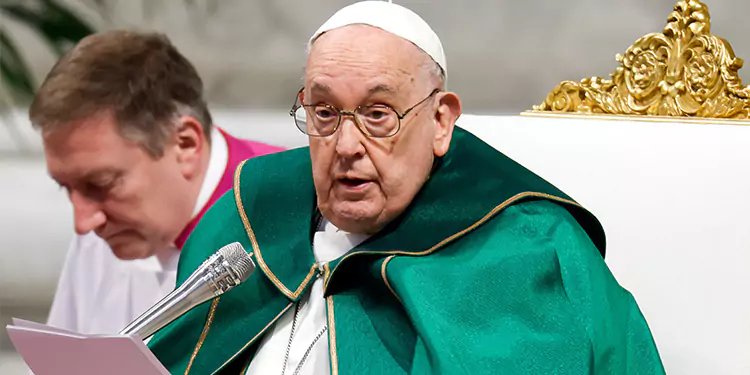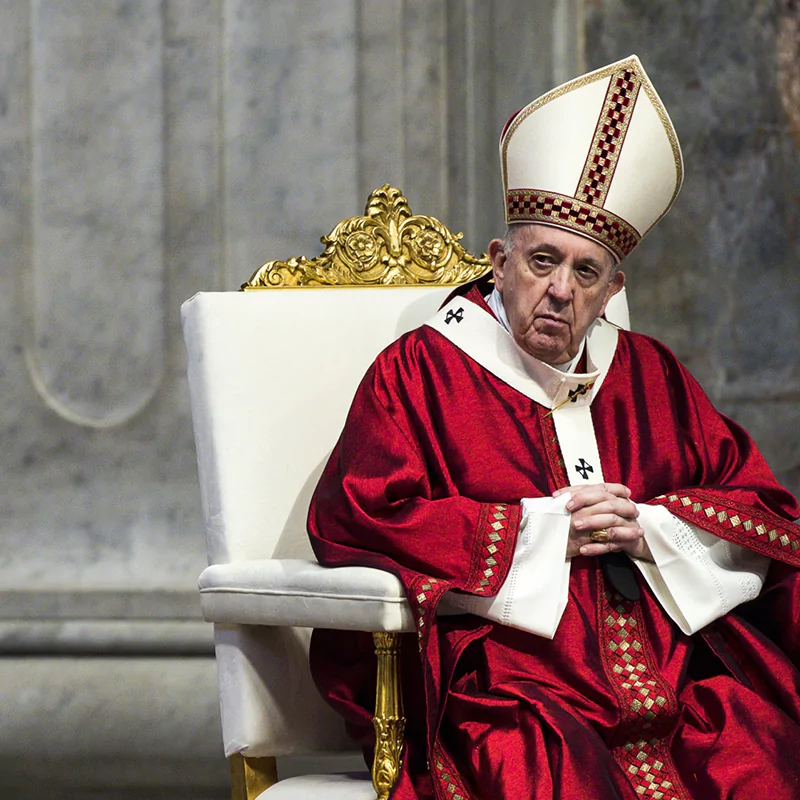Pope Francis
Pope Francis, born Jorge Mario Bergoglio in Buenos Aires, Argentina, was the first Jesuit and Latin American pontiff. His papacy, from 2013 until his death on April 21, 2025, was marked by a commitment to humility, social justice, and environmental stewardship.
Early Life and Jesuit Formation
- Background: Born in 1936 to Italian immigrants, Bergoglio trained as a chemist before entering the seminary.
- Jesuit Influence: Ordained in 1969, he embraced the Jesuit values of intellectual rigor, missionary zeal, and social engagement.
- Archbishop of Buenos Aires: Known for his austere lifestyle, he used public transport and lived simply, reflecting his commitment to the poor.
Papal Election and the Conclave Process
- Election: Elected in March 2013 after Pope Benedict XVI's resignation, he became the 266th pope.
- Conclave Details:
- Eligibility: Only cardinals under 80 can vote; approximately 135 participated in the 2025 conclave.
- Process: Held in the Sistine Chapel, cardinals vote in secrecy, requiring a two-thirds majority to elect a new pope.

International Diplomacy and Global Influence
- Diplomatic Role: As the head of the Holy See, Pope Francis engaged in international diplomacy, notably facilitating the restoration of U.S.-Cuba relations in 2014.
- Peace Advocacy: He addressed global conflicts, advocating for peace in regions like Ukraine and the Middle East, and participated in forums such as the G7 summit.
Social Issues and Reforms
- LGBTQ+ Inclusion: Pope Francis took progressive stances, allowing blessings for same-sex couples under certain conditions and condemning laws criminalizing homosexuality.
- Migration and Refugees: He consistently advocated for the rights of migrants and refugees, emphasizing compassion and support.
- Church Reforms: Addressed clerical sexual abuse scandals by implementing measures for accountability and transparency within the Church.
Environmental Stewardship: Laudato Si’
- Encyclical: Published in 2015, Laudato Si’ called for urgent action against environmental degradation and climate change, framing it as a moral imperative.
- Global Impact: The document influenced international environmental policies and highlighted the interconnectedness of social, economic, and environmental issues.













